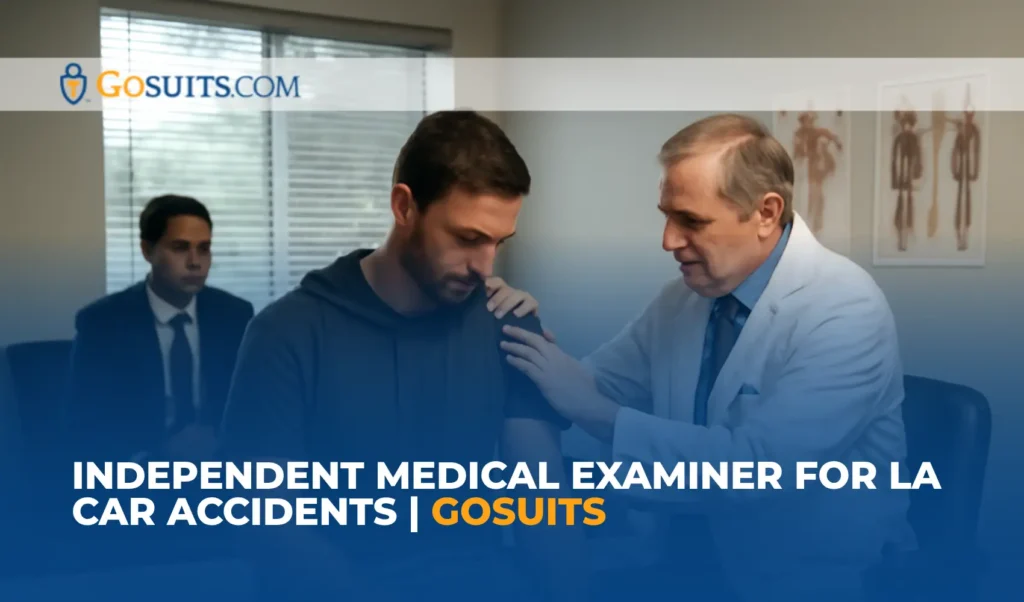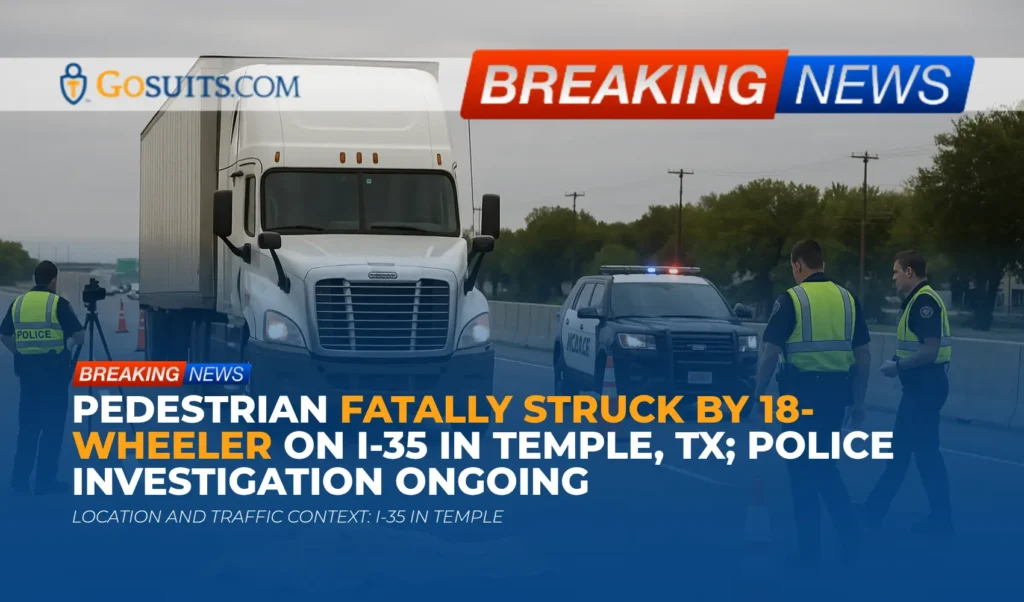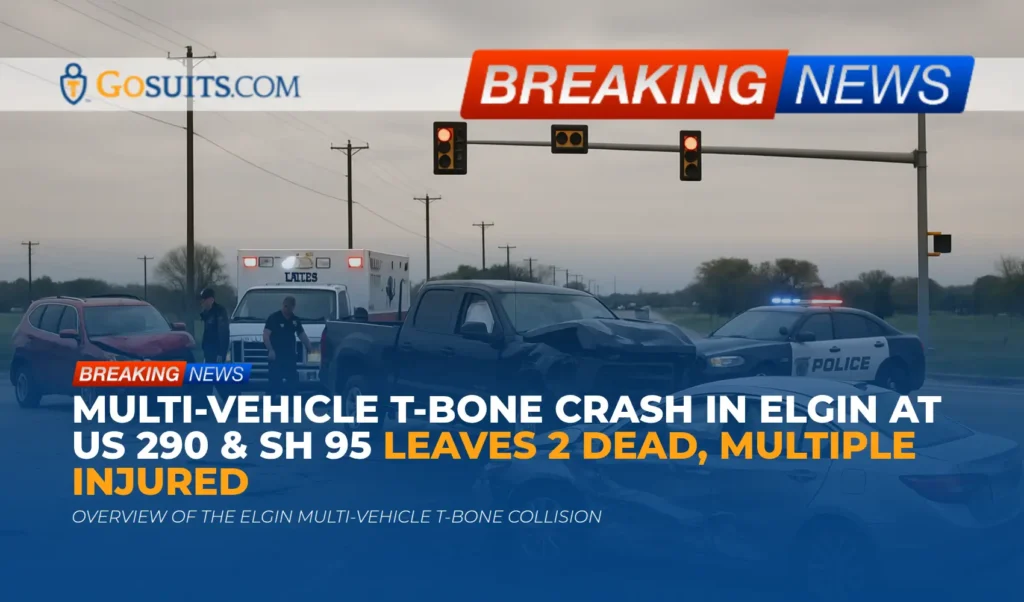On May 20, 2025, a tragic head-on collision in Lee County, Texas, resulted in the deaths of three individuals, underscoring the severe consequences of traffic accidents. The incident occurred at approximately 7 a.m. on US 77 near the Milam County line, a stretch of road that has now become the site of a devastating loss for multiple families and communities.
Details of the Collision
According to reports from the Texas Department of Public Safety (DPS), the collision involved two pickup trucks. A Toyota Tacoma, traveling south on US 77, reportedly entered the northbound lane and collided head-on with another pickup truck. The impact of the collision was fatal for three individuals: the 18-year-old driver of the Toyota Tacoma, an 36-year-old passenger in the Tacoma, and the 49-year-old driver of the other pickup truck.
Community Impact
The loss of life in this accident has rippled through the communities of Chilton and Lorena, Texas, where the victims resided. The 36-year-old passenger, a father of four, was known for his community involvement and passion for rodeo and barrel racing. He leaves behind a wife, with whom he graduated high school in 2006, and four children. The family had previously endured the loss of their home in a fire in August 2024 and were in the process of rebuilding.
The 18-year-old driver was a student at Lorena High School. His loss has deeply affected the school community, where he was remembered by friends and teachers. The 49-year-old driver, while not named in initial reports, also leaves behind a grieving family and community.
Legal and Safety Implications of Head-On Collisions
Head-on collisions are among the most dangerous types of motor vehicle accidents. The force of impact in such collisions is often doubled due to the combined speeds of the vehicles involved. These accidents frequently result in severe injuries or fatalities for those involved.
Several factors can contribute to head-on collisions, including:
- Distracted Driving: Using cell phones, texting, or other distractions can take a driver’s attention off the road, leading to errors in judgment and lane departures.
- Drunk or Drugged Driving: Impairment significantly affects a driver’s ability to operate a vehicle safely, increasing the risk of accidents.
- Drowsy Driving: Fatigue can impair a driver’s reaction time and decision-making abilities, similar to the effects of alcohol.
- Speeding: Exceeding the speed limit reduces the time a driver has to react to hazards and increases the severity of a collision.
- Improper Lane Changes: Failing to check blind spots or signal properly can lead to a driver inadvertently entering another lane, resulting in a collision.
- Poor Road Conditions: Weather conditions such as rain, snow, or ice can make roads slippery and increase the risk of accidents.
- Mechanical Failure: Vehicle malfunctions, such as brake failure or tire blowouts, can cause a driver to lose control of the vehicle.

Liability in Head-On Collisions
Determining liability in a head-on collision requires a thorough investigation of the circumstances surrounding the accident. Law enforcement agencies, such as the Texas DPS, typically conduct investigations to determine the cause of the collision and identify any contributing factors. These investigations may involve:
- Witness Statements: Gathering accounts from witnesses who observed the accident can provide valuable information about the sequence of events.
- Accident Reconstruction: Investigators may use physical evidence, such as skid marks and vehicle damage, to reconstruct the accident and determine how it occurred.
- Vehicle Data Recorders: Many modern vehicles are equipped with event data recorders (EDRs), which record information about the vehicle’s speed, braking, and other parameters in the moments leading up to a collision.
- Police Reports: Reviewing police reports and findings can offer insights into potential violations or contributing factors identified by law enforcement.
In cases where negligence is a factor, the at-fault party may be held liable for damages resulting from the collision. Damages can include medical expenses, lost wages, property damage, and pain and suffering. Families who have lost loved ones in a fatal accident may also have the right to pursue a wrongful death claim to recover compensation for their losses.
Navigating the Legal Process After a Collision
Navigating the legal process after a serious car accident can be complex and overwhelming. Individuals who have been injured or who have lost a loved one in a collision should consult with a personal injury attorney to understand their rights and options. An attorney can provide guidance on:
- Investigating the accident: An attorney can conduct an independent investigation to gather evidence and determine the cause of the collision.
- Negotiating with insurance companies: Insurance companies may attempt to minimize payouts or deny claims altogether. An attorney can negotiate with the insurance company on your behalf to ensure you receive a fair settlement.
- Filing a lawsuit: If a settlement cannot be reached, an attorney can file a lawsuit to pursue your claim in court.
- Representing you in court: An attorney can represent you in court and advocate for your rights before a judge and jury.

Commentary from Gosuits Waco, Texas Personal Injury Attorney
This tragic head-on collision in Lee County serves as a stark reminder of the devastating consequences that can result from traffic accidents. The complexities surrounding such cases often involve not only immediate legal considerations but also long-term emotional and financial impacts on the victims and their families. It is crucial to seek comprehensive legal counsel to fully understand your rights and options in the aftermath of such an event. Attorneys can assist in navigating the legal landscape, ensuring that victims receive the support and compensation they deserve to rebuild their lives.






